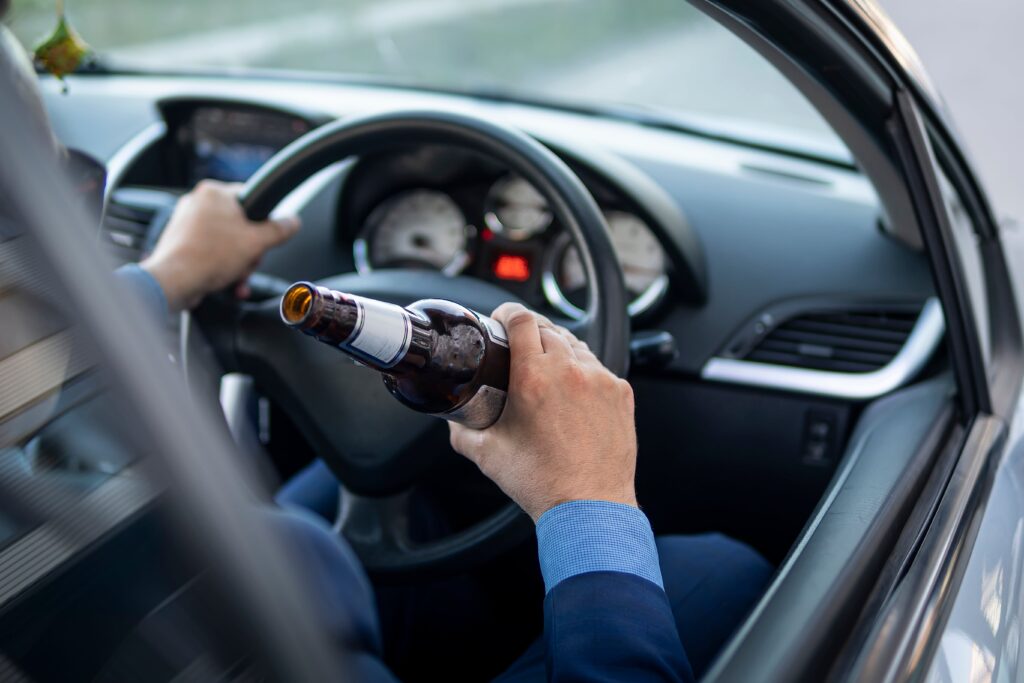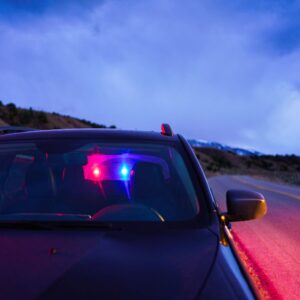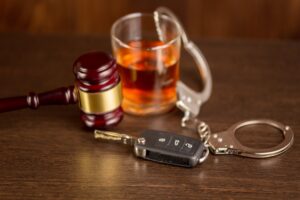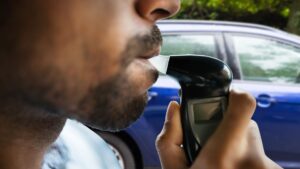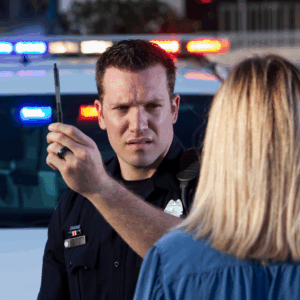 Field Sobriety Tests in New York: Can They Be Challenged?
Field Sobriety Tests in New York: Can They Be Challenged?
Many New Yorkers avoid a driving while intoxicated conviction when the State’s case falls apart under scrutiny. Prosecutors must prove each aspect of the case beyond a reasonable doubt, and this high burden of proof can be challenged in many ways.
Most DWI cases have weaknesses that an experienced attorney can use to protect accused individuals. Police officers make mistakes during traffic stops. Breathalyzer machines can be poorly maintained or malfunction and provide inaccurate readings. Blood tests get contaminated. Field sobriety tests are administered or interpreted incorrectly. Each issue presents opportunities to challenge DWI charges and safeguard your future.
The Probable Cause Problem
Many DWI arrests happen without proper probable cause, which creates a powerful defense strategy. Under New York Vehicle and Traffic Law, police officers need probable cause to believe you were driving while intoxicated before they can arrest you and demand chemical testing.
Probable cause requires more than just the smell of alcohol or bloodshot eyes. Officers need specific, articulable facts that would make a reasonable person believe you were impaired. Vague observations like “the defendant appeared intoxicated” don’t hold up in court.
Defense attorneys often focus on the gap between the officer’s initial observations and their conclusion that you were impaired. If the officer can’t explain how they reached that conclusion based on specific facts, the arrest lacks probable cause, and the judge could suppress the evidence subsequently obtained.
Common DWI Defense Strategies That Work
Successful DWI defense starts with understanding that prosecutors rely on specific types of evidence to build their case. When you can challenge or eliminate key pieces of evidence, the prosecution’s case can begin to crumble.
Challenging the Traffic Stop
One of the most effective DWI defense strategies involves challenging the initial traffic stop. Police officers need reasonable suspicion that you committed a traffic violation or were driving impaired before they can pull you over.
Officers often claim they observed weaving or erratic driving without specific details to back up those observations. Surveillance video from dashboard or local security cameras frequently contradicts police reports about your driving behavior.
Questioning Field Sobriety Test Administration
Field sobriety tests are not foolproof. Officers often fail to follow the strict protocols required by the National Highway Traffic Safety Administration. Factors like uneven surfaces, poor weather, medical conditions, and even the officer’s misinterpretation can invalidate the results of these tests.
Attacking Chemical Test Results
Breathalyzer machines require regular calibration and maintenance to produce accurate results. These devices can give false readings due to many things, including poor maintenance, mouth alcohol, medical conditions like acid reflux, or interference from radio frequencies.
Blood tests face challenges related to the chain of custody, storage temperature, and contamination during collection or processing. Even minor lapses in test procedures can unravel the prosecution’s BAC evidence.
How to Fight a DWI in New York Through Technical Defenses
New York’s DWI laws contain specific requirements that prosecutors must prove for a conviction. Missing any of these elements can result in dismissed charges or reduced penalties.
Challenging the “Operation” of the Vehicle
The State must prove you were operating a motor vehicle while intoxicated. This sounds simple, but it creates opportunities for defense when police didn’t actually observe you driving.
Cases where you’re found sitting in a parked car don’t automatically constitute “operation” under New York law. Courts look at factors like whether the vehicle was in gear, whether you had the keys in the ignition, and your intent to drive.
Questioning the “Public Highway” Requirement
DWI charges typically require that the alleged impaired driving occurred on a public highway or right-of-way. Private parking lots, driveways, and certain roadways don’t qualify under the statute.
Defense attorneys often investigate the exact location where you were arrested to determine whether it meets the legal definition of a public highway.
Challenging Timing of Chemical Tests
New York law requires chemical tests to be administered within two hours of arrest to create a presumption about your blood alcohol content at the time of driving. Tests taken outside this window face additional challenges in court.
Even tests taken within the two-hour window can be challenged if significant time passed between when you were driving and when you were tested. Alcohol absorption and elimination rates vary among individuals, creating opportunities to argue your BAC was below the legal limit while you were driving.
Constitutional Defenses That Beat a DWI Charge
The Constitution provides powerful protections that apply to DWI cases. These defenses center on the conduct of police officers during the investigation and potential violations of your rights.
Fourth Amendment Protection Against Unreasonable Search
Traffic stops, field sobriety tests, and chemical testing are considered searches under the Fourth Amendment. Appropriate legal standards must justify each search, or the judge could exclude the resultant evidence from trial.
Police officers frequently exceed the scope of permissible searches during DWI investigations. For example, searching a vehicle without consent or a warrant can result in the suppression of any evidence found inside.
Fifth Amendment Right Against Self-Incrimination
You have the right to remain silent during a DWI investigation, but police officers often fail to respect this right. Statements made during custodial interrogation without Miranda warnings cannot be used against you in court.
How We Get Results in DWI Cases
Beating DWI charges requires attorneys to understand the science behind chemical testing and the legal standards governing DWI prosecutions. Greenspan & Greenspan combines decades of experience with a track record of successful DWI defense outcomes. This experience gives us insight into prosecution strategies and knowledge of which defenses work best in different situations.
We build a defense from the ground up, investigating every aspect of your case, from the initial traffic stop through the chemical testing process. Our firm’s reputation for aggressive advocacy and trial preparation often leads to favorable plea negotiations, significantly lessening the potential consequences for our clients.
You have the best chance of beating a DWI charge and avoiding a conviction if you know what defenses are available and work with our knowledgeable DWI defense attorneys. Let’s discuss your options and craft a personalized strategy to get you back to your life.
Resources
- Fifth Amendment. U.S. Constitution. United States Congress, link.
- Part 59 – Chemical Analyses of Blood, Urine, Breath, or Saliva for Alcoholic Content. New York Codes, Rules and Regulations, link.
- Vehicle and Traffic Law § 1193. New York State Senate, link.
- Vehicle and Traffic Law § 1192. New York State Senate, link.

